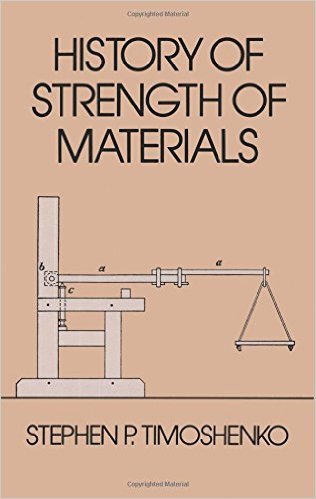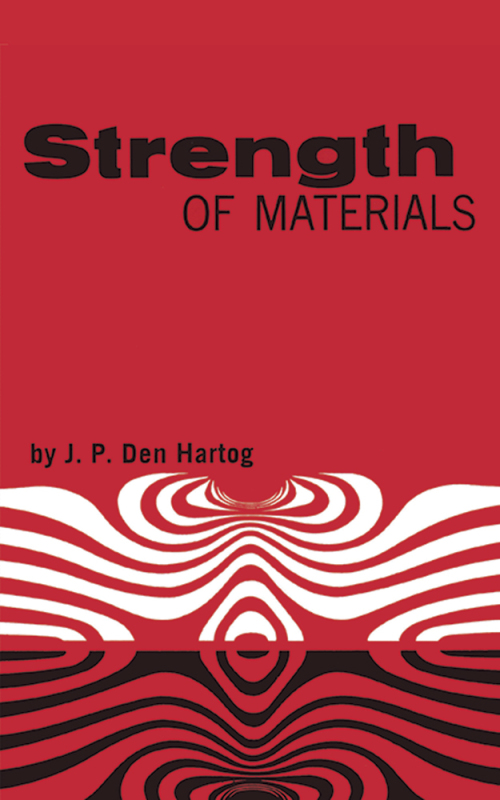After getting one of those pesky emails stating ‘you may also enjoy’ I did indeed purchase this book - $22 on amazon.com.

I have just started to read it. First impressions - great book for those that wish to take a historic look back over the centuries of work by famous engineers/mathematicians/scientist/physicists as it pertains to SoM/MoM.
Full disclosure: I don’t get any royalties, I am not related to the Timoshenko family, and don’t know Jeff Bezos.

I have just started to read it. First impressions - great book for those that wish to take a historic look back over the centuries of work by famous engineers/mathematicians/scientist/physicists as it pertains to SoM/MoM.
Full disclosure: I don’t get any royalties, I am not related to the Timoshenko family, and don’t know Jeff Bezos.

![[bigsmile] [bigsmile] [bigsmile]](/data/assets/smilies/bigsmile.gif)



